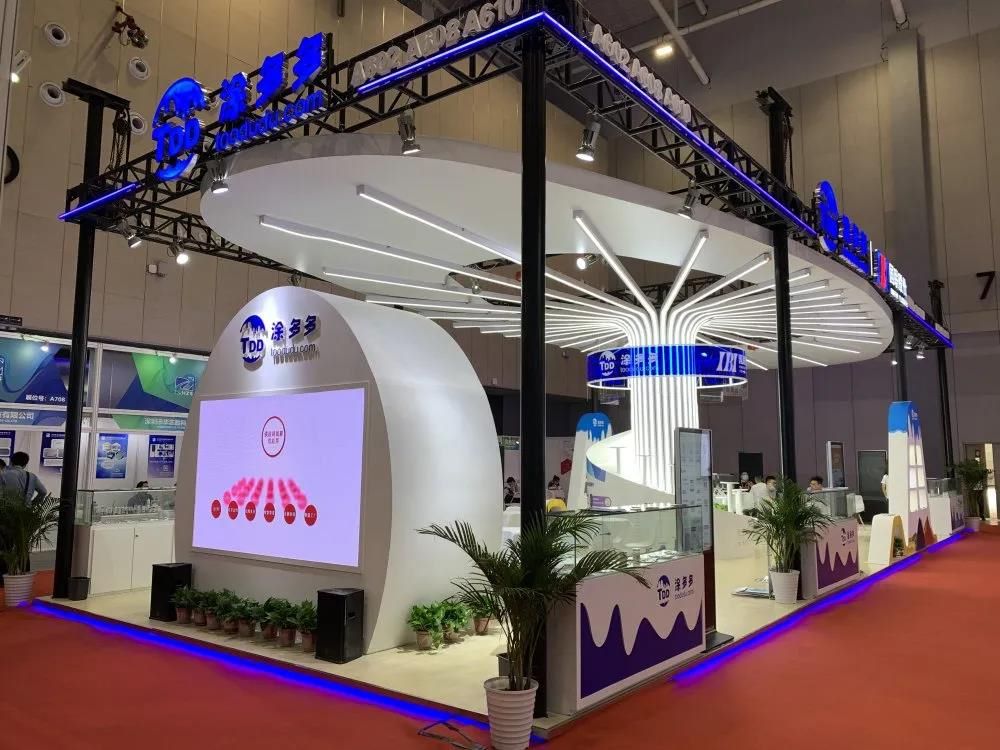Revealing the "invisible killer" of tires, a tire blowout may occur if you are not careful!
Tires, as the only part of a car that comes into contact with the ground, are of great importance. Of course, due to their long-term "ambition" under vehicles, people pay little attention to them, and this lack of attention not only causes frequent accidents, but also makes rumors surrounding them endless. For this reason, today we will "root out" some common rumors.

Tires are not afraid of being released but afraid of heat
What is the most speechless rumor heard by tire people? Tires will expire! This ridiculous rumor may have existed for at least decades. So much so that tire giant Michelin has designed a test to prove that tires have no shelf life.
Michelin believes that the "expiration date" of tires should be calculated from the moment they are installed on the car for use, not from the date of manufacture. Therefore, in order to verify this statement, Michelin has conducted tests in Germany, South Korea and Saudi Arabia to prove that tires that have been in stock for three years will expire. The tire can still provide the same performance level as a newly produced tire.
Test results in Arabia show that the performance of a tire that has been used for one year is similar to that of a tire that has been in stock for 10 years. At the same time, in order to test the characteristics of the tire rubber, Michelin stored the tires at a constant temperature of 40 degrees Celsius for 20 years. Compared with tires that have been used for 40,000 kilometers, it was found that the tire rubber stored for 20 years will deteriorate faster when used.
Tires do not have a shelf life, but if they are not properly stored, excessive temperatures will directly affect the performance of the tires. Therefore, when you sell tires in 2023 and you are asked by customers to sell tires produced in 2020 or 2021, you can show this experimental data to the car owner.
However, you should also note that since the above experiment clearly shows that tires are afraid of heat, you When storing tires daily, they should be stored in a ventilated, clean, cool, dry and dark room in accordance with national standards. The room temperature should be between -10 and 30 degrees Celsius and the relative humidity should be between 50 and 80 percent.
Tires are not afraid of water but are afraid of cold water
Previously, CCTV News had released a report that at a car repair shop in Binh Phuoc Province, Vietnam, a repairman was pouring water on the tire to check for leaks when the tire suddenly exploded. The strong impact force will directly blow the tire worker away.
Did the tire explode because it was afraid of water? Obviously not. Tires can drive and brake on slippery surfaces, so they are naturally not afraid of water. The explosion caused by pouring cold water is because the tire has been driving for a long time under high temperatures, and the friction of the high temperature of the road surface makes it have a lot of heat energy. At this time, it is suddenly stimulated by cold water, which will cause thermal expansion and contraction.
At this time, thermal expansion and contraction often cause uneven shrinkage of the tread and sidewall rubber layers, and then there is a certain probability of cracks. If the rubber of the tire that is poured with cold water at this time has aging problems, it is easy to explode. Therefore, if someone comes to the store to repair or replace tires in summer, the driver should be advised to park in a cool place first and wait for the tire temperature to drop to avoid danger. Do not use cold water to cool the tire!
Not afraid of mud and afraid of potholes
Tires with good wetland performance rely on core technical support such as patterns and formulas, and they can walk on flat ground in the mud. However, on potholes with poor road conditions, the tires will be "weak". If the tires are forced to drive fast at this time, the stones in the potholes may also damage the tire pattern, and then a slight impact from foreign objects will cause a tire blowout accident.
The same is true for manhole covers and curbs. The patterns on manhole covers and collisions with curbs can cause the tires to be squeezed with great force, resulting in tire damage or even tire blowouts. In particular, the damage to tires in these potholes is often permanent and irreversible. Therefore, long-term high-speed driving over potholes, frequent manhole covers, and frequent slamming on the accelerator will undoubtedly push the tires to a chronic death.
Tire treads are most afraid of foreign objects stuck
Tires need to remind owners to regularly clean foreign objects mixed in the tire treads after each service. Although the pebbles sandwiched in the treads seem harmless, they are full of sharp edges, so they are easily punctured in the tire treads for a long time, causing air leakage, abnormal tire pressure, and tire blowouts.
In addition, since another function of the tread is to help the tire drain water, pebbles sandwiched in the treads are like foreign objects blocking the river, affecting the tire's drainage performance, thereby reducing the tire's wetland braking ability, and causing accidents in emergency situations. Therefore, cleaning foreign objects in the tire pattern regularly and paying attention to maintenance details can keep the tires in a healthy state for a longer time!
- Linglong Tire's profit growth to be nearly 30% in 2024972
- The global tire industry is becoming more polarized1273
- Tire business: Inventory strategy determines success or failure836
- Domestic and international rubber market situation on April 27, 20251025
- The winning formula of Hankook Ventus sports tire911









